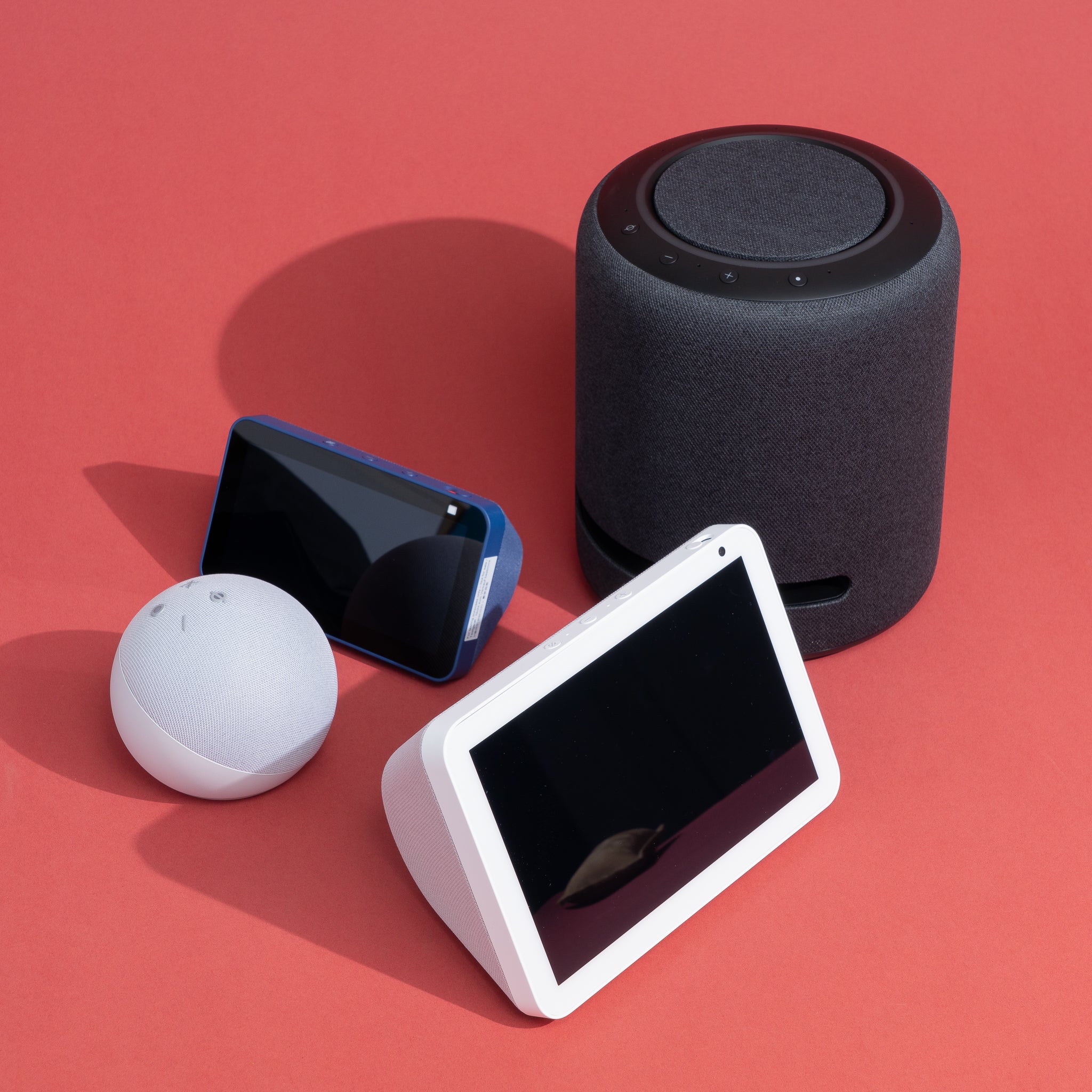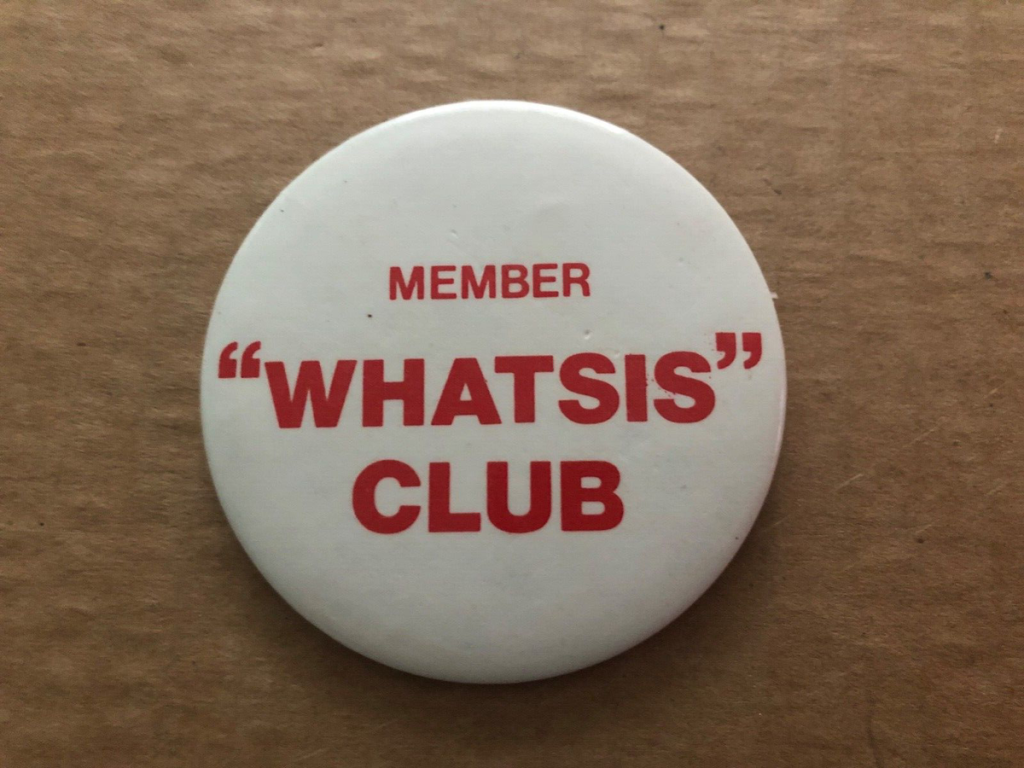About a decade ago, I bought one of the earliest versions of Amazon’s Echo Dot, a palm-sized gadget inhabited by a woman’s voice (Alexa). I tried it but found Alexa so frustrating that I wrote her off. That was then. Now I’m a convert.
When I first got my Dot, I used it mostly for reminders to do things—to walk the dog, for example. But the dog died, there was no one to walk, and still, every afternoon at five o’clock, Alexa reminded me of what I was missing. For the longest time, I couldn’t stop her. I tried every command I could think of: “Alexa, quit!” “Alex, stop reminding me,” “Alexa, shut up!” Nothing worked
Finally, I stumbled on “Cancel,” but by that time, I was so irritated that I gave up on Alexa. Perhaps I overreacted, but she seemed to have a limited vocabulary, and I didn’t have time to play guessing games.
Recently, after listening to friends sing Alexa’s praises, I resurrected my Dot and discovered that Alexa has improved immensely. Just about anybody would find her useful now, but especially older people. If you have mobility problems or you’ve given up driving, if your vision is failing, or you’re not well and live alone, Alexa can make a difference in your life—especially if, like me, you like your technology simple and intuitive to use.
As I was getting ready for a grocery run today, I got the weather report from Alexa. Then I added a few things to the shopping list she was maintaining for me. She mentioned something I buy regularly that I might be running out of, and that reminded me of a recent Amazon order that hadn’t yet been delivered.
“Alexa, where’s my stuff?” I asked. She informed me it would come that afternoon.
Of course, I could have kept the grocery list on paper and gone online to check the weather and my order, all without Alexa’s help, but she made it so easy.
Multiple times every day, I ask Alexa to remind me of something—to swallow a pill or meet a friend for dinner. She plays music for me, and I sometimes consult her to settle a debate with friends—by asking her who starred in a decades-old movie, for example.
If I ask Alexa medical questions, she responds with information from reliable sources like WebMD and the Mayo Clinic. She reads me the latest news—I especially like the NPR flash briefing, a five-minute summary of the day’s events. When I ask her to read an audiobook, she begins wherever I left off. If she speaks too fast, I tell her to go slower and she does.
Some people worry that their Alexa device might be eavesdropping on them. It’s true that my Dot is always on alert for the wake word (“Alexa”), and Amazon records my requests in the cloud. I could use Alexa’s privacy settings to delete those requests. But I can’t be bothered—I’m not telling Alexa any secrets.
Recently, a friend talked me into acquiring a second Alexa by adding the app to my cell phone. I was reluctant at first—the technophobe in me expected that using it would be complicated. I love my Dot because I don’t need to tap on screens, peer at tiny icons or puzzle over instructions that might as well be written in Greek.
It turned out that the Alexa app isn’t complicated, and it opened up some unexpected possibilities. I can’t get radio programs where I live—the reception is terrible—but somehow the Alexa app connects easily. And to make a phone call, I just open the app and tell Alexa who to call. Granted, that’s only a little faster than pulling up the contacts on the phone, but if my eyesight gets worse, it will be very useful.
Also, having the app makes it possible to download Alexa Skills—specific ways to expand her capabilities, developed over the years by Amazon and third parties. There are games, guided workouts, smart-home controls and much, much more.
There’s one skill I may want to use in the future. Let’s say I’m ill and one of my daughters is concerned about me because I live alone. If we both enable the Drop In skill, all she has to say is, “Alexa, drop in on Mom,” and her voice will come to me through my Echo Dot. I can drop in on her the same way. When I recover and we both want our privacy back, I can disable this skill.
Amazon will soon launch Alexa+, powered by AI and able to do even more. I’m intensely curious about Plus, but I don’t really need anything beyond my easy, technophobe-friendly Dot. I suspect that’s all many other, older people want too.
Tonight when I asked Alexa to set a reminder, she told me there was a brand new, improved Alexa+ coming. Would I like her to tell me more?
“No, Alexa,” I said. “I love you. I don’t want to replace you.”
“Thank you,” she responded. “That’s so kind of you.”

Flora Davis has written scores of magazine articles and is the author of five nonfiction books, including the award-winning Moving the Mountain: The Women’s Movement in America Since 1960 (1991, 1999). She currently lives in a retirement community and continues to work as a writer.



